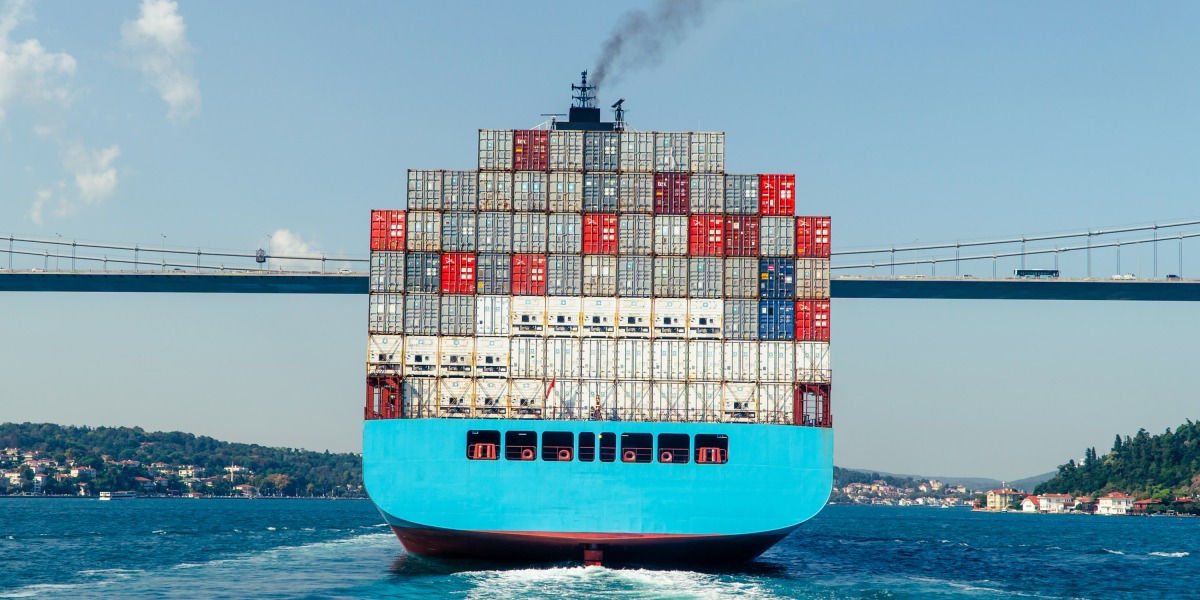
The next two milestones, at 2040 and 2050, could be harder to hit. Efficiency improvements and operational measures won’t be enough to get global shipping to net-zero emissions by 2050. Decarbonizing shipping is a multitrillion-dollar endeavor and will require technological advancements, including wide use of low- and zero-emissions fuels like green hydrogen, methanol, and ammonia, which are largely yet to be demonstrated or adopted in commercial operations.
The stakes for decarbonizing the global economy, including shipping, were on display during negotiations, says Madeline Rose, who was present for the proceedings and is a senior director of climate at Pacific Environment, an environmental group: “We had the hottest Fourth of July ever on record. We had floods and heat waves in China, heat waves and floods in Spain. We’re sitting through this and seeing the climate science we’ve been warned about.”
Rose and other experts criticized the IMO for not going far enough in its goal-setting. The Paris agreement, a UN deal passed in 2015, set a target of limiting total global warming to well below 2 °C over preindustrial levels, and ideally below 1.5 °C. The targets are somewhat arbitrary, as any additional warming will have consequences for the planet. But they’ve also been central to climate policy since they were established.
Reaching either warming target requires ramping down emissions across all sectors, from transportation to power generation to heavy industry. The IMO’s 2050 net-zero target, along with the near-term checkpoints, should be enough for the industry to do its part in keeping warming below 2 °C, according to an analysis from the International Council on Clean Transportation. However the net-zero date would need to be bumped up to about 2040 for the sector to keep up with a plan that would limit warming below 1.5 °C, according to another ICCT analysis.
“We are fundamentally just disheartened and disappointed that nations couldn’t agree to firm 1.5-degree-aligned targets,” Rose says.
Next, the IMO aims to impose new measures that will help the industry hit its self-imposed targets, including a gradual reduction of allowable emissions from fuels, and some type of economic measures that could put a price on greenhouse-gas emissions.
Those negotiations might not be straightforward either: some countries, including China, Argentina, and Brazil, lobbied against a 2040 net-zero target in the IMO negotiations, and China has strongly opposed economic measures under consideration, including an emissions levy.
The shipping industry’s first broad net-zero target isn’t the end of talks, Comer says, but it “sets the end target really clearly.”
